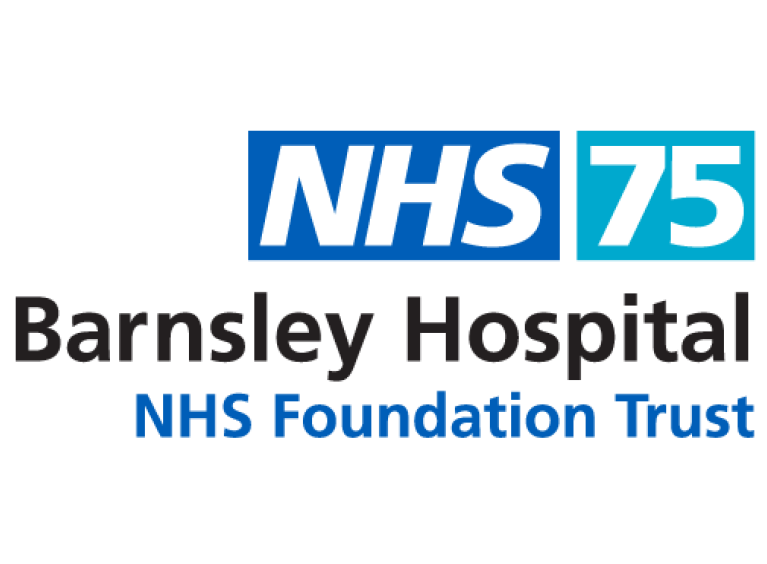This year is the 75th birthday of the NHS – tell us your story
5 July 2023 marks 75 years of the National Health Service (NHS).

Treating 1.3 million people a day in England, the NHS touches all of our lives.
When it was founded in 1948, the NHS was the first universal health system to be available to all, free at the point of delivery. Those principles remain as relevant, and valued, today as they did in the years after the Second World War.
And since then, the NHS has innovated and adapted to meet the needs of each successive generation, always putting patients at the heart of everything it does.
Between 1948 to 1973, the number of doctors doubled, whilst anaesthetics advanced to enable longer and more complex surgery. Large-scale vaccination programmes protected children from whooping cough, measles and tuberculosis. We delivered huge medical advances, including the world’s first liver, heart and lung transplant, to pioneering new treatments, such as bionic eyes to restore sight.
In more recent time, having a single national health service enabled us to carry out research at an unprecedented scale during the pandemic and find the world’s first effective treatment for Covid-19, dexamethasone, making it available across every hospital the same day it was approved. It enabled us to not just deliver the first accredited Covid-19 vaccine in the world but to rollout the NHS vaccine programme with a combination of speed and precision unseen elsewhere.
The NHS had everything thrown at it by the pandemic – including admitting 100,000 patients with Covid-19 in a single month in January 2021 – and because we are the NHS, we adapted, and we delivered.
Having an NHS is today helping with the most ambitious catch-up programme in health service history. We are taking what we’ve learnt and are working differently, transforming through innovation and best practice across the whole of the country.
In 2022 alone, robotics systems are helping to cure patients with prostate cancer and getting them back to their homes in less than 24 hours after surgery. We saw the first new treatment for sickle cell disease in over two decades pioneered by staff in Birmingham, and we used drones to deliver chemotherapy drugs to patients on the Isle of Wight.
None of this would be possible without the skill, dedication and compassion of NHS staff and volunteers. From the midwives who help bring us into the world, the GPs and pharmacists who are our first port of call when we are sick, the nurses, doctors and other clinicians who care for us in our time of need, the porters and cleaners who keep our hospitals moving, and the hundreds of thousands of dedicated staff and volunteers in between – our people are the driving force in helping us do this.
The pandemic also underlined the importance of different organisations in the NHS working together. That’s why the NHS has set up integrated care systems across England, so health and care organisations can come together to address health inequalities and plan services to better meet the needs of our number one priority – our patients.
As we look to the future, embracing innovation is critical in enabling the NHS model to deliver better outcomes for patients and help it continue to be the healthcare envy of the world.
Latest data shows that as a nation we’re living longer than ever before. We’re seeing more people in older age groups, with almost one in five of the population aged 65 and over, and that number is expected to grow in the years ahead.
The population of England has grown by almost 3.5 million in the past decade. It is also the most diverse it has ever been, with 16% of the English population from minority ethnic backgrounds. And looking at our workforce, ethnic minority colleagues now make up 42% of medical staff working in the NHS.
From the day it launched, the NHS has relied on staff from across the world – from the Windrush Generation of 1948 to today’s workforce, represented by over 200 nationalities.
75 years on, the NHS’s founding principles remain intact. The public still support having a national health service, with 94% of people agreeing that healthcare should be free of charge, 84% that care should be available to everyone, and 62% that the NHS made them most proud to be British.
Years ago, the idea of a National Health Service would have been unheard of, yet today we cannot imagine life without it. As we mark 75 years of the NHS, we’re looking back on the achievements of our organisation, as well as looking ahead to the opportunities we have to shape the next 75.
Did you work at Barnsley Hospital?
We’re looking for stories from NHS staff over the past 75 years to help celebrate this milestone. Email us at communications.barnsley@nhs.net with details – we’d love to hear your story.
